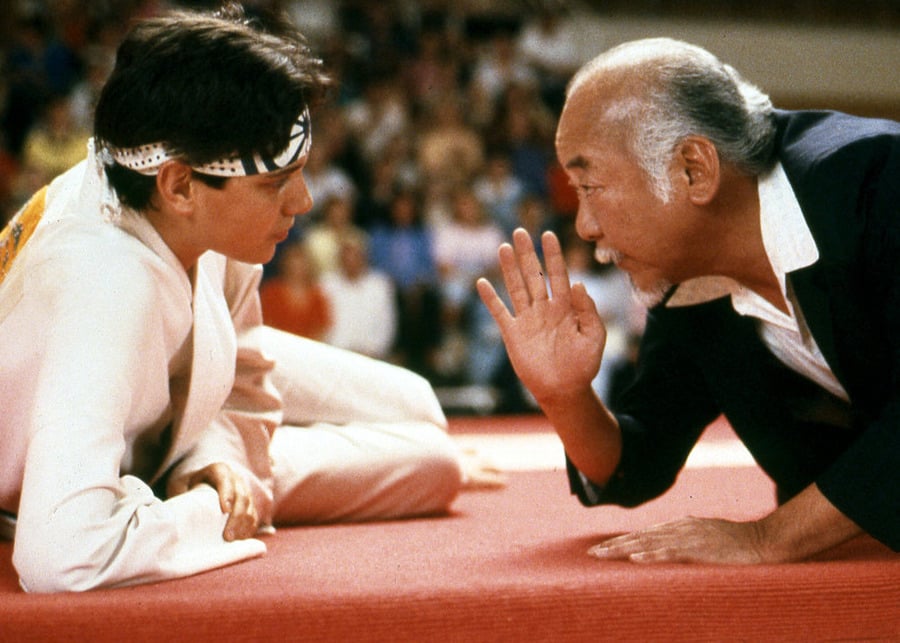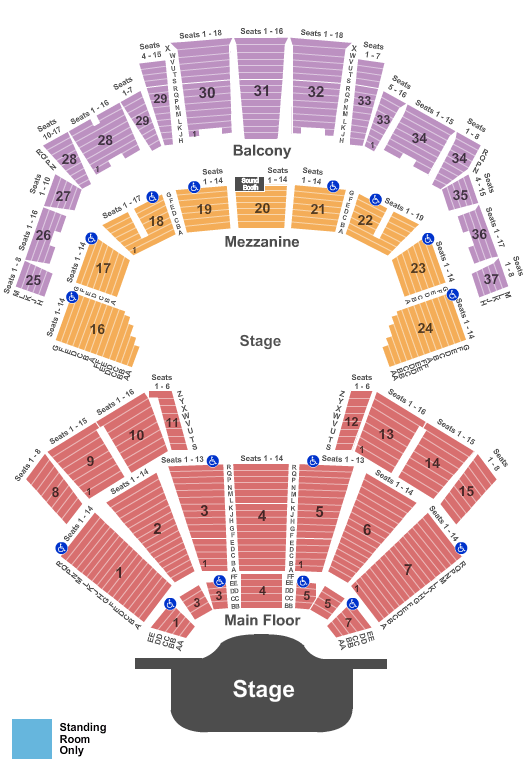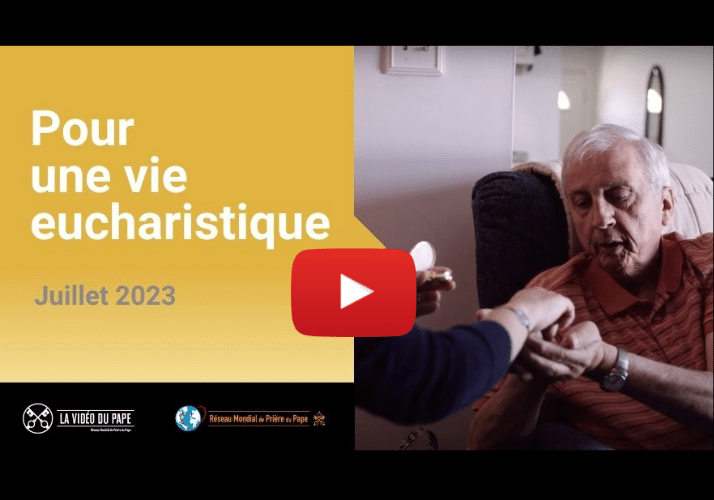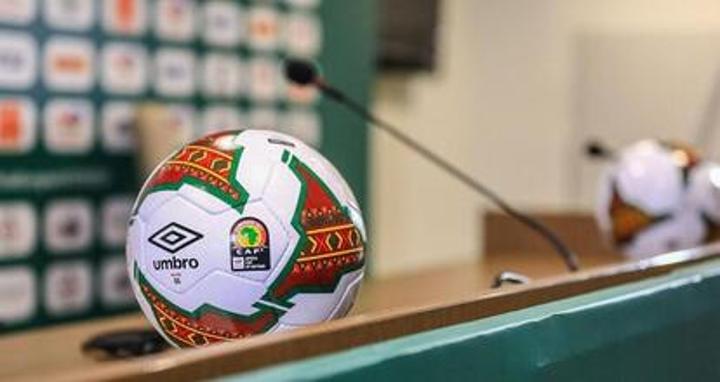Analyzing The Karate Kid Films: Themes, Characters, And Storytelling

Table of Contents
Exploring Core Themes in the Karate Kid Franchise
The Karate Kid films are more than just martial arts movies; they explore profound and relatable themes that resonate with viewers of all ages.
The Power of Mentorship
The central relationship between Daniel LaRusso and Mr. Miyagi forms the emotional core of the franchise. This student-teacher relationship goes far beyond simple karate instruction. Mr. Miyagi’s unconventional teaching methods, often disguised as chores, impart valuable life lessons about discipline, patience, and respect.
- Miyagi's Wisdom: Mr. Miyagi's enigmatic nature and profound wisdom guide Daniel not only in karate but also in navigating the complexities of adolescence and overcoming adversity.
- Building Trust: The slow but steady growth of trust between Daniel and Mr. Miyagi is crucial to Daniel's development as a person and a karateka. Their bond exemplifies the power of mentorship in fostering self-belief and resilience.
- Emotional Impact: The mentor-student relationship transcends the screen, impacting viewers by showcasing the significant influence a supportive mentor can have on a young person's life. The impact of this guidance on Daniel's character development is profound and lasting.
Overcoming Adversity and Bullying
The Karate Kid films directly confront the issue of bullying, personified by the Cobra Kai dojo and its aggressive tactics. Daniel's struggles against Johnny Lawrence and his cohorts highlight the devastating consequences of bullying and the importance of self-defense.
- Cobra Kai's Aggressive Philosophy: The Cobra Kai dojo embodies a toxic environment that fosters aggression and violence, offering a stark contrast to Mr. Miyagi's peaceful approach to karate.
- Resilience and Inner Strength: Daniel's journey showcases the power of resilience, perseverance, and the importance of finding inner strength to overcome seemingly insurmountable obstacles. He learns to defend himself not just physically, but also emotionally.
- Consequences of Bullying: The films powerfully portray the lasting psychological impact of bullying, underscoring the need for empathy, understanding, and effective strategies to combat it.
The Importance of Self-Discovery and Identity
Daniel's move to a new town forces him to confront challenges and navigate a new social landscape, leading to a journey of self-discovery. He grapples with identity, adapting to a new culture and finding his place in the world.
- Cultural Understanding: The films subtly explore themes of cultural understanding and adaptation, as Daniel learns to navigate a different cultural environment and appreciate its unique aspects.
- Finding One's Place: Daniel's journey is a powerful testament to the process of self-acceptance and finding one's place in the world. He learns to embrace his true self, flaws and all.
- Self-Acceptance: The film subtly emphasizes the importance of accepting one's limitations while striving for self-improvement. This journey of self-discovery is key to Daniel's growth as a character.
Memorable Characters and Their Impact
The enduring appeal of the Karate Kid franchise lies not only in its themes but also in its memorable and well-developed characters.
Daniel LaRusso: The Reluctant Hero
Daniel LaRusso's character arc is one of the most compelling aspects of the films. He evolves from a shy, vulnerable underdog into a skilled karateka, demonstrating remarkable personal growth and resilience.
- Underdog Story: Daniel embodies the classic underdog narrative, overcoming prejudice and adversity through hard work and determination. His transformation inspires viewers.
- Character Development: His journey is marked by significant character development, showcasing the transformative power of mentorship and self-belief.
- Transformation: The transition from a shy outsider to a confident and skilled karateka is a powerful illustration of overcoming adversity.
Mr. Miyagi: The Wise and Mysterious Mentor
Mr. Miyagi is an iconic character, known for his enigmatic personality, profound wisdom, and unconventional teaching methods. He is more than just a karate instructor; he is a life mentor.
- Unconventional Teaching: His unique approach to teaching karate – using everyday chores as training exercises – exemplifies his wisdom and patience.
- Philosophical Depth: His philosophy transcends karate, emphasizing the importance of discipline, respect, and inner peace.
- Enduring Legacy: Mr. Miyagi's character remains a source of inspiration, showcasing the profound impact a mentor can have.
Johnny Lawrence and the Cobra Kai Philosophy
Johnny Lawrence, initially portrayed as the antagonist, represents the darker side of martial arts. His affiliation with Cobra Kai highlights the dangers of aggression and the destructive nature of unchecked ambition.
- Origins of the Rivalry: Understanding the origins of Johnny's rivalry with Daniel adds depth to his character and the conflict between Cobra Kai and Miyagi-Do.
- Cobra Kai's Negative Influence: The dojo serves as a representation of a toxic environment that breeds aggression and violence.
- Potential for Redemption: While initially presented as an antagonist, Johnny's character arc in later installments explores his potential for redemption and personal growth, adding complexity to his narrative.
Storytelling Techniques and Cinematic Elements
The Karate Kid films employ effective storytelling techniques and cinematic elements to create a compelling and enduring cinematic experience.
Classic Coming-of-Age Narrative
The films neatly fit into the coming-of-age genre, following Daniel's journey from adolescence to adulthood. It uses classic narrative elements, including the hero's journey and the triumph over adversity.
- Hero's Journey Structure: Daniel's experiences closely follow the classic hero's journey archetype, with clear stages of transformation and growth.
- Narrative Arc: The film's narrative structure is well-paced and engaging, keeping audiences invested in Daniel's progress.
- Relatable Themes: The coming-of-age themes resonate with audiences, making the films timeless and relatable.
Symbolism and Visual Storytelling
Symbolism plays a significant role in conveying the film's themes. Visual metaphors, settings, costumes, and cinematography work together to enhance the storytelling.
- Visual Metaphors: The training montages, for example, are not simply action sequences; they are visual metaphors for Daniel's personal growth and the lessons he learns.
- Setting and Atmosphere: The contrasting settings of the tranquil Miyagi-Do and the aggressive Cobra Kai dojo visually represent the opposing philosophies.
- Costumes and Cinematography: The visual elements, such as costumes and cinematography, enhance the emotional impact of the scenes.
The Enduring Legacy and Cultural Impact
The Karate Kid films have had a lasting influence on popular culture, inspiring numerous sequels, remakes, and a successful television series, Cobra Kai.
- Impact on Martial Arts Films: The films significantly impacted the martial arts film genre, shaping its conventions and storytelling techniques.
- Cultural References: The franchise continues to be referenced in popular culture, reflecting its enduring impact and cultural significance.
- Nostalgia Factor: The films invoke a strong sense of nostalgia for many viewers, cementing their place in cinematic history.
Conclusion
From the timeless lessons of mentorship to the thrilling karate battles, the Karate Kid films continue to resonate with audiences worldwide. The exploration of themes like perseverance, bullying, self-discovery, and the power of mentorship transcends generations. The memorable characters, effective storytelling techniques, and enduring cultural impact solidify the Karate Kid franchise's position as a cinematic classic. Revisit these cinematic classics, and share your thoughts on the enduring impact of these beloved movies. What are your favorite Karate Kid moments and themes? Let's discuss the Karate Kid legacy in the comments below!

Featured Posts
-
 England Lions V India A Woakes Comeback And Flintoffs Inclusion
May 23, 2025
England Lions V India A Woakes Comeback And Flintoffs Inclusion
May 23, 2025 -
 Bangladeshs Shadman Islam A Stellar Performance Against Zimbabwe
May 23, 2025
Bangladeshs Shadman Islam A Stellar Performance Against Zimbabwe
May 23, 2025 -
 International Debut Grand Ole Opry Live From Londons Royal Albert Hall
May 23, 2025
International Debut Grand Ole Opry Live From Londons Royal Albert Hall
May 23, 2025 -
 Sliding Stocks Us Budget Concerns Trigger Market Instability
May 23, 2025
Sliding Stocks Us Budget Concerns Trigger Market Instability
May 23, 2025 -
 Landslide Threat Forces Swiss Village To Evacuate Livestock
May 23, 2025
Landslide Threat Forces Swiss Village To Evacuate Livestock
May 23, 2025
Latest Posts
-
 La Transformation De Maxine Une Nouvelle Assurance De Soi
May 23, 2025
La Transformation De Maxine Une Nouvelle Assurance De Soi
May 23, 2025 -
 Experience Cambridge And Somerville Viva Central Hot Sauce Festival And Open Studios
May 23, 2025
Experience Cambridge And Somerville Viva Central Hot Sauce Festival And Open Studios
May 23, 2025 -
 Maxine Transformation Affronter Demain Avec Confiance
May 23, 2025
Maxine Transformation Affronter Demain Avec Confiance
May 23, 2025 -
 Cambridge And Somerville Top Events This Week Viva Central Hot Sauce Festival And More
May 23, 2025
Cambridge And Somerville Top Events This Week Viva Central Hot Sauce Festival And More
May 23, 2025 -
 Maxine Transformation Construire L Assurance De Demain
May 23, 2025
Maxine Transformation Construire L Assurance De Demain
May 23, 2025
